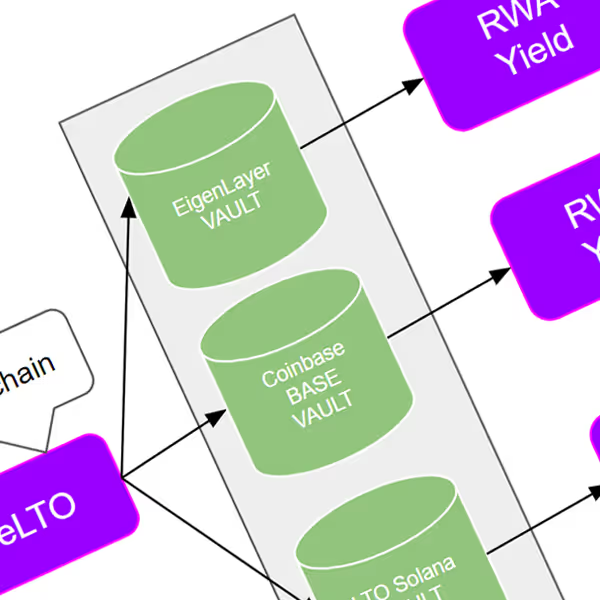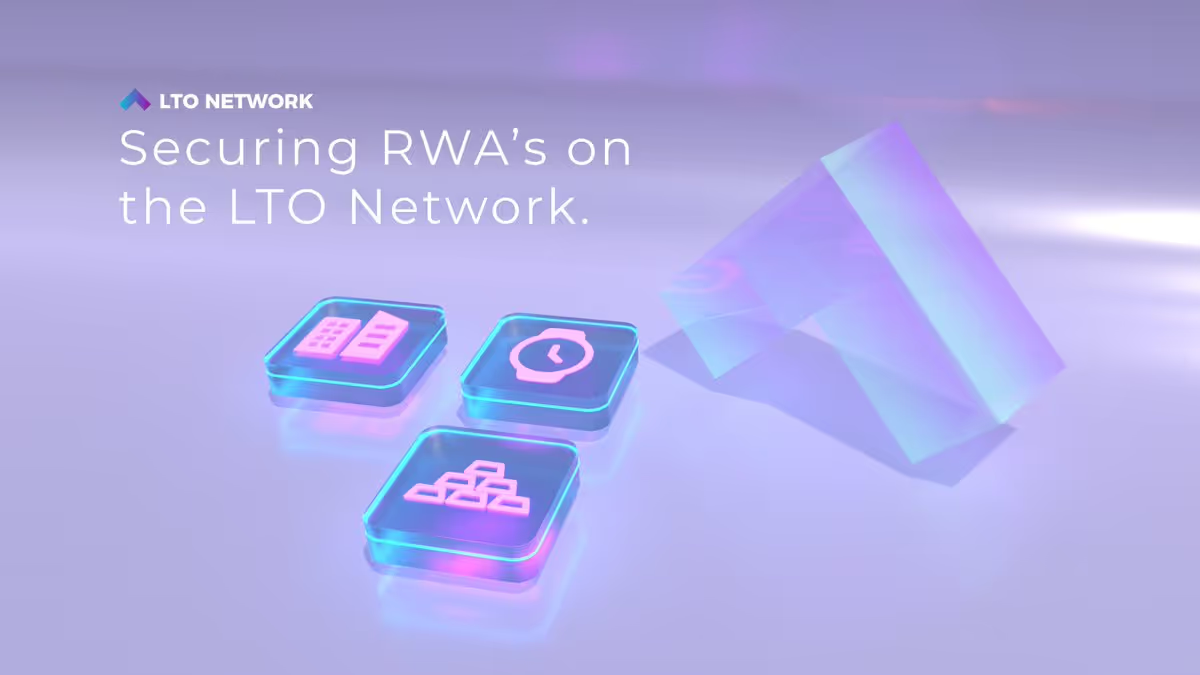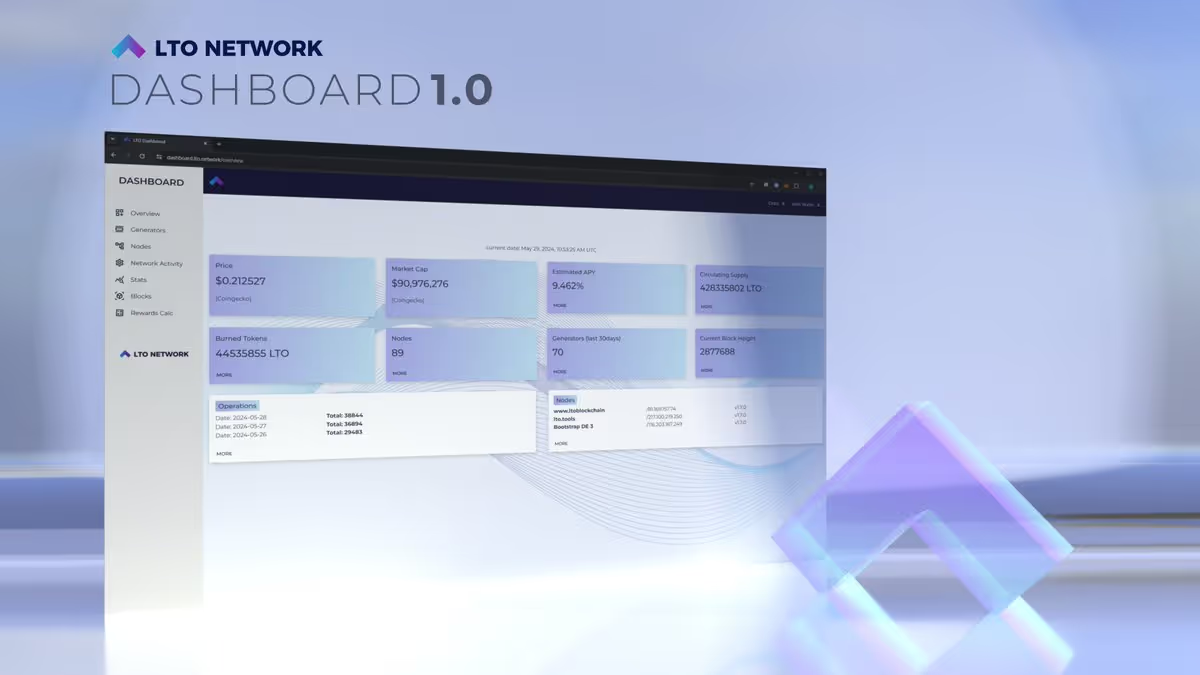
LTO Network employs a dual-layered blockchain system, combining a public and a private layer. The public layer ensures transparency and immutability, acting as a decentralized digital notary. In contrast, the private layer allows for secure, permissioned data sharing among authorized parties, facilitating confidential business processes while maintaining compliance with data protection regulations like GDPR.

A standout feature of LTO Network is its "Live Contracts," which are stateful agreements modeled as finite state machines. These contracts enable real-time collaboration between parties, automating complex workflows without relying on traditional smart contracts. This approach allows for dynamic participation and adaptability in business processes.

LTO Network utilizes a Leased Proof of Stake consensus mechanism. In this system, token holders can lease their tokens to validator nodes, contributing to network security and earning rewards. This model promotes decentralization and allows participants to engage in staking without the need to operate a full node.


Designed with enterprise needs in mind, LTO Network supports various applications:
Supply Chain Management: Ensuring product authenticity and traceability.
Legal Documentation: Providing immutable records for contracts and agreements.
Identity Verification: Facilitating decentralized identity solutions. ltonetwork.com
Notably, LTO Network has collaborated with organizations like IBM and the Dutch Ministry of Infrastructure to implement blockchain solutions in real-world scenarios.










